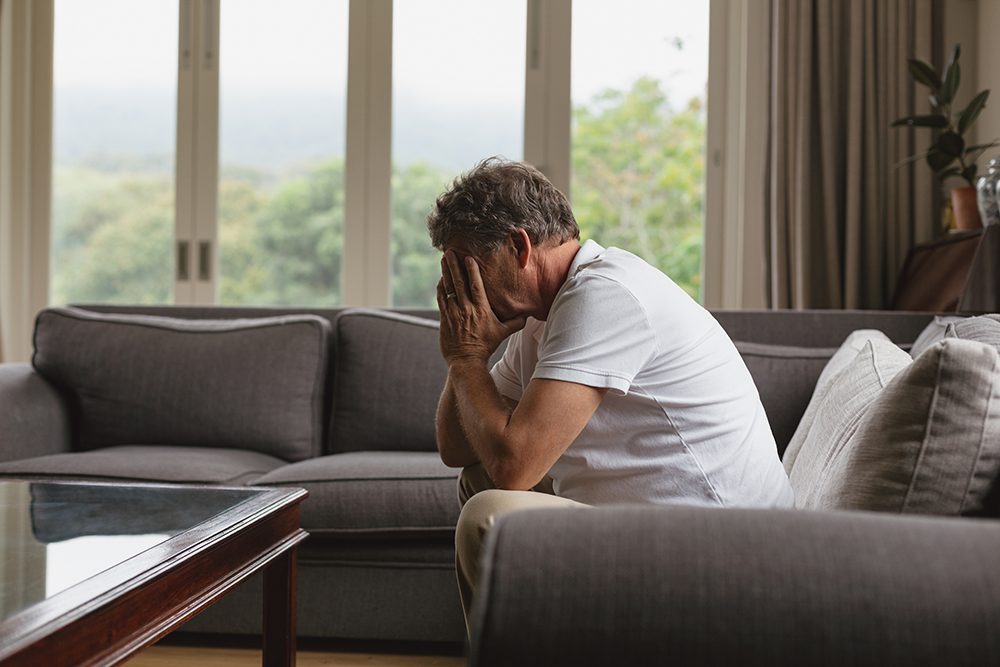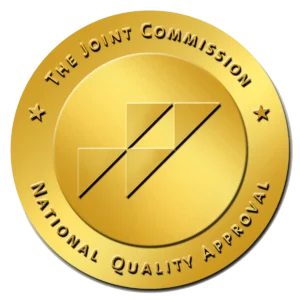The death of a loved one is an incredibly painful and stressful event. The loss and emotional distress a person feels during this time is generally referred to as grief or bereavement. It is entirely normal for a person to struggle after they have lost someone dear to them. Unfortunately, this experience can also trigger mental health conditions or make existing diagnoses worse.
At The Pavilion, we provide a wide array of mental health services to adults, seniors, and families, many of whom have struggled with the death of someone important in their lives. We consider this grief when creating individualized treatment plans for our patients.
Major Losses
Though the death of anyone you know can be painful, some losses can be especially difficult:
- Child – a parent who is grieving the death of their child often feels a strong sense of injustice for their child’s unfilled dreams and lost potential. The parent may also feel responsible for their child’s death, even if that does not seem rational to other people.
- Spouse – not only is this a severe emotional shock, but it can create financial struggles; it may leave the surviving spouse in a position to parent alone and may necessitate changes to their career or living arrangements.
- Suicide – survivors may feel intense guilt, anger, and shame. They may find themselves wondering if they could have done something to save their loved one or beat themselves up for missing any warning signs.
Typical Grief
Grief is always difficult. It is normal for a person who is grieving to feel a variety of emotions in the first months following the death of their friend or family member, including:
- Constant thoughts of the person who has passed and longing for them
- Immense pain and sorrow
- Being very focused on or very avoidant of things that remind them of the person
- Numbness or detachment
- Anger or bitterness
- Inability to experience joy or happiness
- Loss of purpose or meaning in life
Complicated Grief
While it is normal to experience sorrow, numbness, guilt, and anger following the death of a loved one, most people learn to manage these feelings and move forward with their lives within a year or so. This does not mean that they don’t still miss the person who died or sometimes feel sad when they think of them, but the grief’s impact on their life decreases. In some cases, however, the feelings are debilitating and time does not make it easier for the person to cope. This is called complicated grief or persistent complex bereavement disorder. As a result of their complicated grief, a person may:
- Struggle to complete their daily routines
- Isolate themselves from other people and social activities
- Exhibit signs of depression
- Blame themselves and feel guilty for the death of their loved one
- Feel like their life is no longer worth living
- Wish they had died too and consider suicide
Health Outcomes From Complicated Grief
Complicated grief can impact not only a person’s feelings but also their health as a result of:
- Sleep problems and fatigue
- Immune system issues
- Inflammation
- Anxiety
- Digestive issues
- Increased risk of heart attack
Broken Heart Syndrome
Stress cardiomyopathy, also known as broken heart syndrome, has symptoms so similar to a heart attack that the patient, paramedics and even some emergency room doctors struggle to differentiate between the two. Broken heart syndrome is a temporary heart condition that can be brought on by the type of stressful situations that can also cause complicated grief.
Supporting a Loved One Through Grief
It can be difficult to know how to help someone who is struggling with a loss, but you can try the following:
- Let them talk about the person they lost and how that is making them feel.
- Acknowledge their pain, and don’t try to make them feel better by saying things like, “They are in a better place now,” “It was for the best” or “You will get over it.”
- Offer practical help like grocery shopping, preparing a meal, babysitting, or driving their kids to activities.
- Be patient. It takes time to recover from a loss like this.
- Encourage them to get professional help if it seems like their pain is not becoming more manageable.
- If they show signs of suicidal ideation:
- Do not leave them alone.
- If possible, discreetly remove objects they could use to hurt themselves, like firearms and pills.
- Help them call a crisis hotline, like 988.
- If they seem intent on ending their life, call 911 or take them to the nearest emergency room.
At The Pavilion in Williamsburg, Virginia, we recognize that loss can make it harder to manage mental health struggles. We take a whole-person approach to mental health treatment, which can include navigating the feelings a person is facing after the death of someone dear to them.






